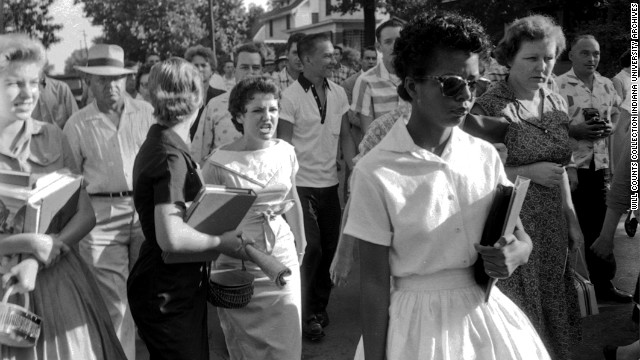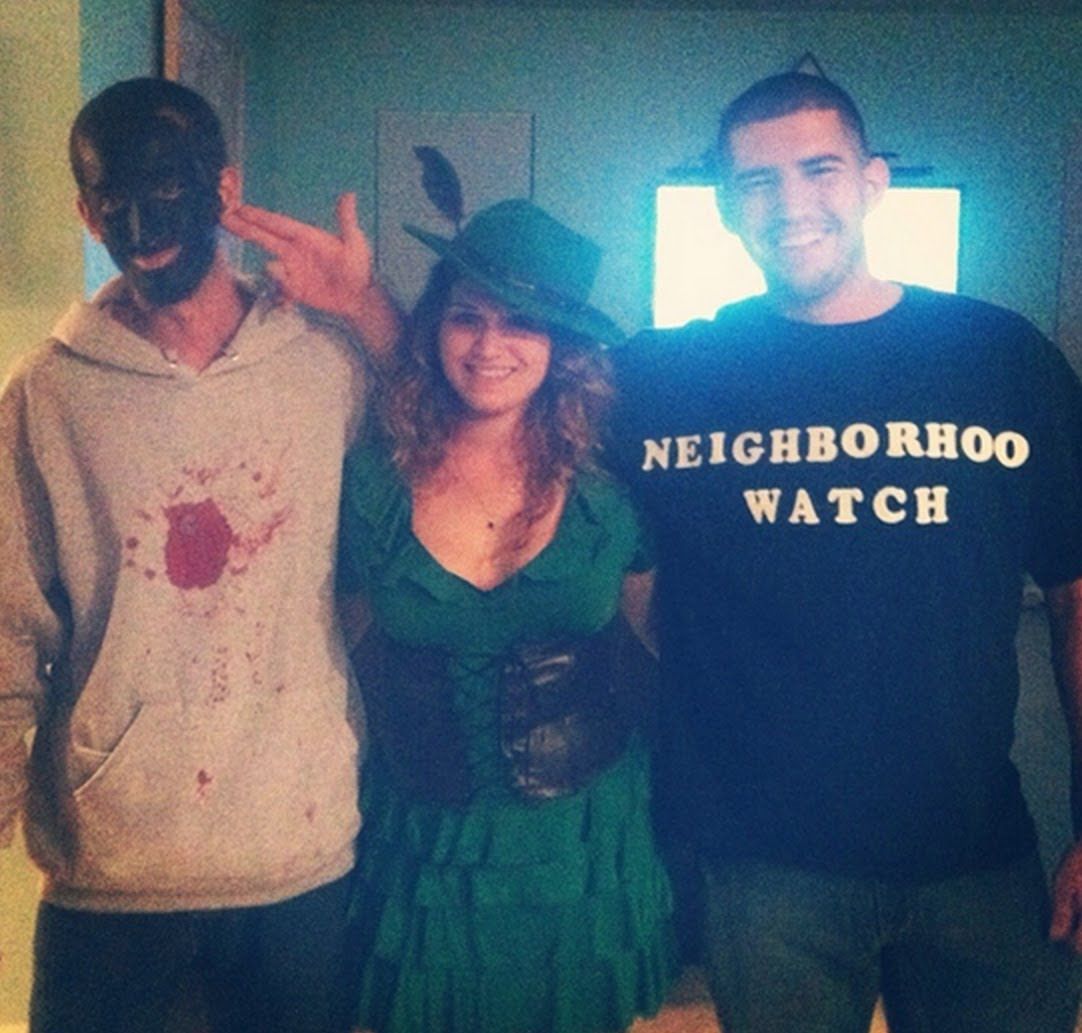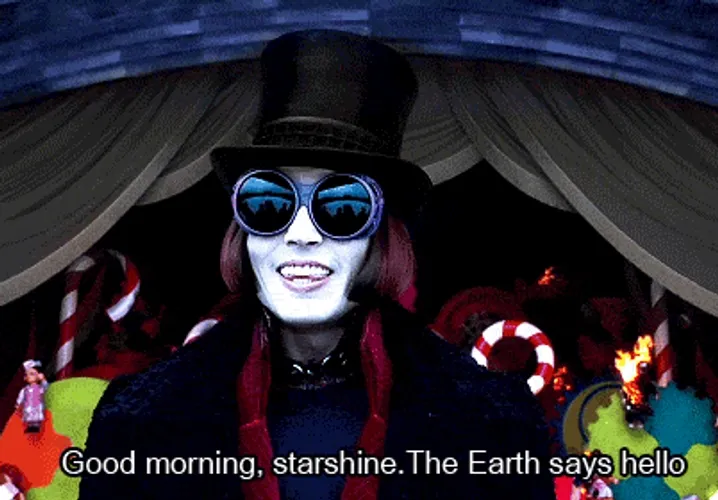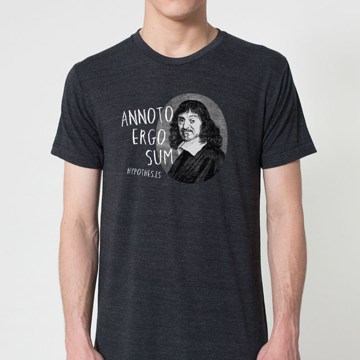Oddly enough this Dickinson line helped me figure out a lyric to a pop song I've been trying to decipher for sometime now, which in turn helped me think through this line more.
The line is the chorus from Major Lazer's "Lean On"--the most streamed song on Spotify ever!:
Blow a kiss, fire a gun
We need someone to lean on
What I see now in both lines is that they are contrasting life and death through their imagery. Normally a "loaded gun" carries the potential of ending life. But Dickinson seems to be using it differently: as storing the potential for life.
Check out the annotation for the lyric at Genius.com here.












